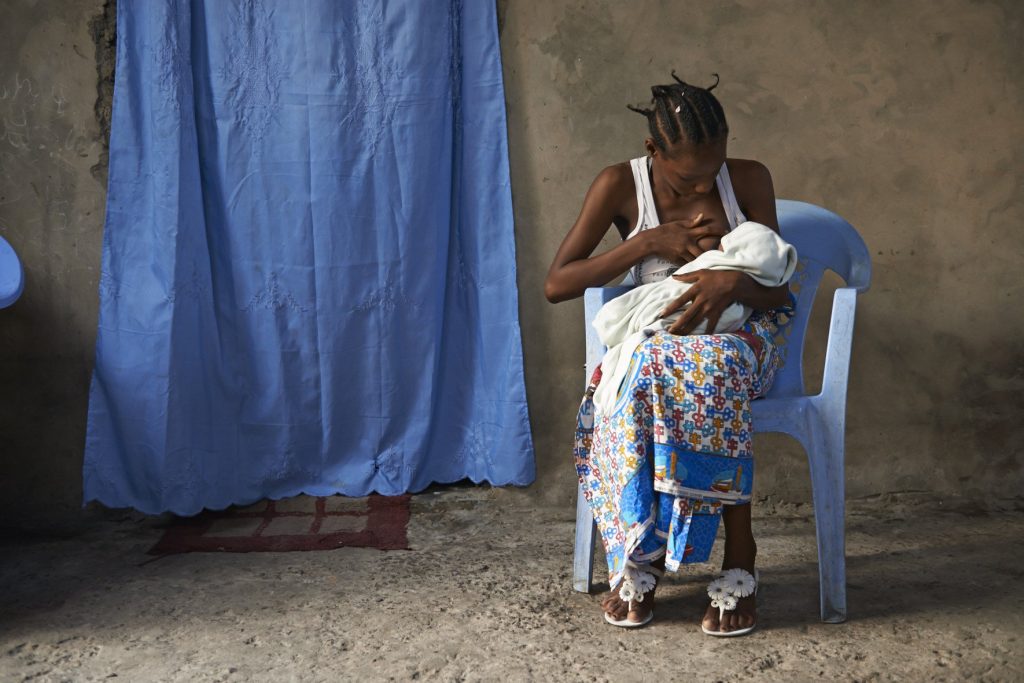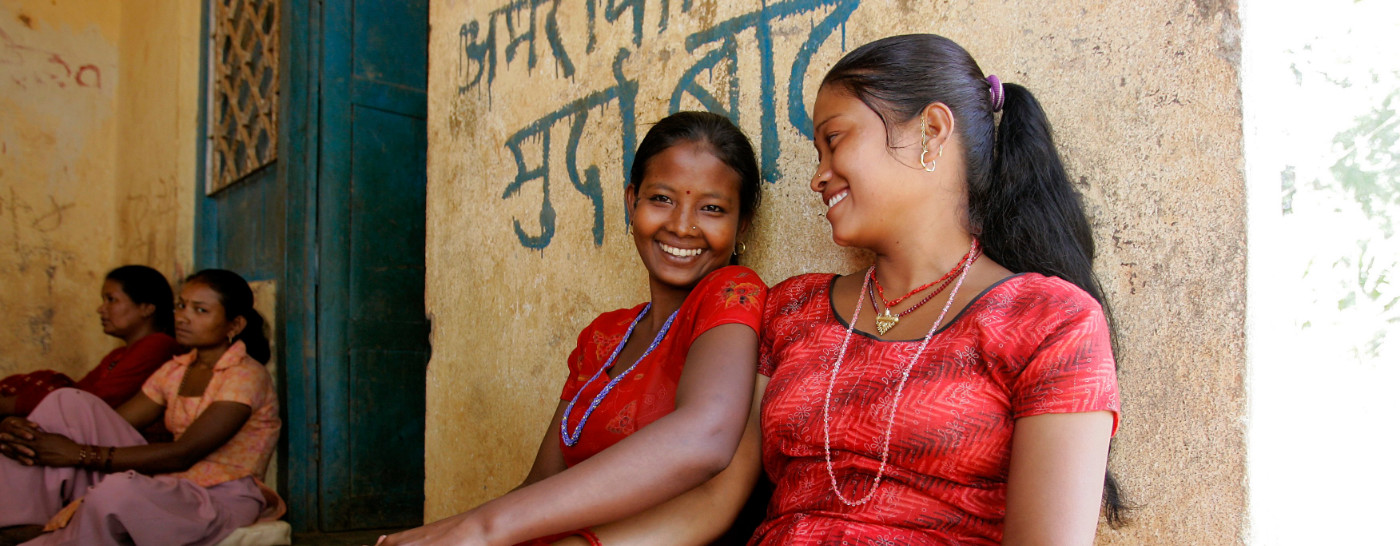FP2020: Doctors of the World joins global push to help women access contraception
Published 10th July 2017
In the Democratic Republic of Congo (DRC), many women cannot afford a $20 contraceptive injection that they desperately want. On the Gaza Strip, health centres run out of contraceptives due to a blockade that has lasted several years. In Peru, giving condoms to young people is often frowned upon as encouraging premarital sex.
Doctors of the World’s medics see first-hand how limited access to both contraception and abortions affects women – the examples above are just a few glimpses of what we encounter. That’s why we’re supporting Family Planning 2020 (FP2020), a global partnership that supports a woman’s right to decide if and when to have children.
Over the next three years, the Doctors of the World (Médecins du Monde) network will run sexual and reproductive health projects that help a million women in 13 countries access family planning services and information. We will announce this commitment today at an international family planning summit in London that forms part of the FP2020 initiative.
“Every woman has the right to be in control of her body, and to decide if and when she wants to have children,” says Leigh Daynes, Doctors of the World UK’s executive director. “Following Donald Trump’s outrageous decision to reinstate the “Global Gag Rule”, it’s more important than ever to stand up for this right.”
There are around 214 million women in developing countries who want to prevent or time a pregnancy, but who are not using the modern contraception they need. FP2020 wants to enable 120 million of these women to use contraception by 2020.
This year alone, an estimated 308,000 women in developing countries will die from pregnancy-related causes, according to the Guttmacher Institute. Around one in four of these deaths could be prevented simply by full access to contraception.
Giving women access to family planning, which allows them to have children when they are financially and emotionally ready, also boosts a country’s economy and development levels. By contrast, unwanted pregnancies can create health and money worries for mother and baby.

Irene (pictured above) is just one example. As a 19-year-old in Kinshasa, the capital of the DRC, she knew little about contraception. When she fell pregnant by her boyfriend, he soon left her. She wanted to have an abortion but could not afford one.
Irene’s boyfriend returned after their baby was born and she now insists that they use condoms. But her unwanted pregnancy meant the end of her education, even though she was a brilliant pupil in her final year of studies.
The DRC is one of the 13 countries we’ll be focusing on, in our promise to help a million women access family planning. We’ll also be running programmes in Burkina Faso, Central African Republic, Côte d’Ivoire, Madagascar, Nigeria, Niger, Somalia, Nepal, Pakistan, Sri Lanka, Haiti and Iraq.
We’re already working in two areas of Kinshasa to educate adolescent girls about sexual and reproductive health. We’ve run similar projects for women in Nepal for a decade. In Haiti, we advocate for abortion to be decriminalised and train health workers to treat abortion-related complications.
Abortions are banned or strictly limited in several countries where we work, forcing women to resort to illegal clinics or dangerous methods such as drinking coffee mixed with antibiotics. Unsafe abortions kill tens of thousands of women every year.
“Every woman should be able to decide if and when to become a mother without risking her life,” says Daynes. “It’s as simple as that.”
The most sobering stories of unwanted pregnancies that we encounter are those resulting from rape. In the Central African Republic, our teams treat women such as Estelle, a 21-year-old who had her third child after being raped by fighters in the Seleka militia.
“After what happened to me, my husband abandoned me with my children, saying that he could not continue to live in such shame,” she says. Estelle was afraid to go to her local hospital because of the stigma around rape victims, but at our health centre in the capital Bangui she saw a midwife and was referred for counselling.
“I greatly appreciated the support,” she says. “And I have encouraged several women in the same situation to come to this centre.”
We’ve committed to help 1 million women around the world access the family planning they need. Please support our medical work on this and other pressing issues by donating today.
